Izod IndyCar Series 2013 Historical Record Book
[A word of caution: this time the gloves come off! One edition after the other has grave mistakes—so we will cite chapter and verse to underscore just how severe they are.]
Once again, with the publication of the Izod IndyCar Series Historical Record Book we come face to face with a sport that continues—not to mince words—to screw up its past. As with the two previous efforts, this year’s edition manages to continue to hopelessly mangle aspects of the sport’s past, its history. It is becoming all too evident—to paraphrase what was once remarked regarding generals and war—that the history of what is now known as “North American Indy car racing” is too important to be left in the hands of the IndyCar organization.
As in the previous editions, the problems begin on page six with the listing of the “All-Time Indy Car Champions 1909–2012.” Here is the listing for the national champions of the American Automobile Association (A.A.A.) to 1955, as listed in this edition:
1909 George Robertson (AAA)* 1931 Louis Schneider (AAA)
1910 Ray Harroun (AAA)* 1932 Bob Carey (AAA)
1911 Ralph Mulford (AAA)* 1933 Louis Meyer (AAA)
1912 Ralph DePalma (AAA)* 1934 Bill Cummings (AAA)
1913 Earl Cooper (AAA)* 1935 Kelly Petillo (AAA)
1914 Ralph DePalma (AAA)* 1936 Mauri Rose (AAA)
1915 Earl Cooper (AAA)* 1937 Wilbur Shaw (AAA)
1916 Dario Resta (AAA) 1938 Floyd Roberts (AAA)
1917 Earl Cooper (AAA)* 1939 Wilbur Shaw (AAA)
1918 Ralph Mulford (AAA)* 1940 Rex Mays (AAA)
1919 Howard Wilcox (AAA)* 1941 Rex Mays (AAA)
1920 Gaston Chevrolet (AAA)** 1942–45 No Racing: World War II
1921 Tommy Milton (AAA) 1946 Ted Horn (AAA)***
1922 Jimmy Murphy (AAA) 1947 Ted Horn (AAA)
1923 Eddie Hearne (AAA) 1948 Ted Horn (AAA)
1924 Jimmy Murphy (AAA) 1949 Johnnie Parsons (AAA)
1925 Peter DePaolo (AAA) 1950 Henry Banks (AAA)
1926 Harry Hartz (AAA) 1951 Tony Bettenhausen (AAA)
1927 Peter DePaolo (AAA) 1952 Chuck Stevenson (AAA)
1928 Louis Meyer (AAA) 1953 Sam Hanks (AAA)
1929 Louis Meyer (AAA) 1954 Jimmy Bryan (AAA)
1930 Billy Arnold (AAA) 1955 Bob Sweikert (AAA)
Note that several years have asterisks (*) next to them. In the first two editions of the Izod IndyCar Series Historical Record Book the explanation for the years with a single asterisk (*) was written this way:
American Automobile Association (AAA) first created a National Track Championship in 1905. It was a series of races from 5 to 10 miles in length with points going to the first three finishing places. Barney Oldfield won most of the races and is considered the champion. However it is believed this championship may have been abandoned as AAA did not recognize it in subsequent years.
Prior to 1916, Motor Age, the leading American automobile journal, selected their pick for the best driver of the year from 1909–and 1919. The following is a list of the Motor Age picks:
1909 – Bert Dingley
1910 – Ralph Mulford
1911 – Harvey Herrick
1912 – Ralph DePalma
1913 – Earl Cooper
1914 – Ralph DePalma
1915 – Earl Cooper
1919 – Eddie Hearne
At the urging of Motor Age, AAA established an official points championship in 1916. The championship was discontinued during war years and not revived again until 1920. Sometime around 1926 or 1927, Val Haresnape, at the time the secretary of the AAA Contest Board, used existing AAA records to reconstruct a championship for the years of 1909 to 1915 and from 1917 to 1920. Unfortunately, records from those early years were sketchy and any points applied by Haresnape had no validity from the original time period. For example, it was a common practice for AAA to penalize drivers with a loss of points as well as money for rules violations. Also, there is disagreement as to which races could legitimately be considered official and therefore count toward the championship. AAA accepted Haresnape’s computations as official from 1927–28 and 1952–55. In 1951, racing historian Russ Catlin convinced AAA to change the 1909 champion from Bert Dingley to George Robertson and the 1920 champion from Gaston Chevrolet to Tommy Milton.
This note was, by and large, mostly twaddle, especially the claim that Motor Age urged the Contest Board to establish a national championship. Likewise, it was Arthur Means, not Val Haresnape, who created, during his tenure as secretary and then assistant secretary—working for Haresnape in the latter capacity—to the Contest Board, the retroactive national championships. Given that there were no points with which to penalize drivers, it was, therefore, scarcely a “common practice” to do so.
The note for those seasons designated with the single asterisk (*) in the 2013 edition of the book has been changed to the following:
The American Automobile Association (AAA) first created a National Motor Car Championship in 1905, points being awarded to the first three finishers in a series of short events generally ranging from five to 10 miles in length. Although Barney Oldfield won most of the races and was declared the champion, AAA evidently discontinued the procedure inasmuch as neither the 1905 season, or Oldfield’s title were referenced in subsequent years.
Several publications during the years prior to AAA establishing an official points championship in 1916 did make efforts to determine a driver of the year/champion. Some even developed their own points systems for that determination. The AAA championship was discontinued after 1916 during the war years and not revived until 1920. Sometime in 1926 or 1927, Arthur Means and Val Haresnape, at the time secretary of the AAA Contest Board, used existing AAA records to reconstruct a championship for the years of 1909 to 1915 and 1917 to 1919. Unfortunately, records from those early years were sketchy and any points applied by Means and Haresnape had no validity from the original time period. AAA accepted these computations as official from 1927–1928 and 1952–1955. In 1951, racing historian Russ Catlin convinced AAA to change the 1909 champion from Bert Dingley to George Robertson.
One should—and must—give credit where credit is due and the revised note for the 1909–1915 and 1917–1919 seasons does a much better job of explaining the situation that resulted in the rather confusing problem of the retroactive A.A.A. national championships. The author of the Izod IndyCar Series Historical Record Book, Tim Sullivan, the statistician of the IndyCar organization, does appear to have paid at least some attention to the feedback provided from the earlier editions. It should be duly noted that the information concerning the 1905 season finally gets the name of the championship contested that year correct.
In the previous editions, here is the note accompanying the second asterisk (**) referring to the 1920 season:
AAA had two different listings for the 1920 season. At the start of the year, 11 races were listed as counting toward the championship, but at the end of the season, AAA determined the championship to be based on the results of five races giving Gaston Chevrolet the championship. These results were considered official by AAA from 1920–26 and 1929–51. The 11-race championship was first recognized in 1926 with Tommy Milton as champion and was considered official for 1927 and from 1952 to 1955, the final year that AAA sanctioned auto racing.
This was, of course, utter twaddle too and simply echoed—regurgitated might be more accurate—the complete nonsense concocted by the supposed “racing historian” Russ Catlin (and reiterated by his apologist Bob Russo) based on a complete misunderstanding of the worksheet prepared by Arthur Means for the 1920 season. There is simply nothing from contemporary sources to support the Catlin conspiracy theory. That it was repeated in the previous editions of the Izod IndyCar Series Historical Record Book reflected the poor research conducted by the authors—Steve Shunck being listed as the co-author with Sullivan for the previous editions.
Here is what the 2013 edition says about the 1920 season:
The 1920 championship was for five races and won by Gaston Chevrolet. These results were considered official by the AAA from 1920–1926 and 1929–1951. An 11-race championship was first recognized in 1926 with Tommy Milton as champion and was considered official for 1927 and from 1952 to 1955, the final year that AAA sanctioned auto racing.
Needless to say, this is much better than the nonsense that was in the previous editions.
The note for the third asterisk (***) regarding the 1946 seasons in the previous editions remains unchanged for the 2013 edition:
AAA in 1946 had an original schedule which included not only the six traditional championship races as listed by recent historians but numerous other sprint car races on tracks of short length (less than 1 mile) and duration (mostly 15–20 laps). Ted Horn won the championship based not only on the six races that have been traditionally listed but also the one with all of the races. In annual meetings in December, 1946, AAA abandoned the counting of the sprint car races in the championship for 1947. The following is the 1946 top-ten in points as listed in an AAA bulletin as of December 31, 1946:
- 1. Ted Horn – 2,448
- 2. George Robson – 1,544
- 3. Emil Andres – 1,348
- 4. Bill Holland – 1,280.6
- 5. Tommy Hinnershitz – 896.8
- 6. Walt Ader – 850
- 7. Jimmy Jackson – 800
- 8. Joie Chitwood – 693
- 9. Rex Mays – 613
- 10. Duke Dismore – 454
As far as it goes, this note accurately reflects the situation regarding the 1946 national championship season. The problem is this, however:
This book is the official publication for North American Indy car racing statistics dating to 1946, and includes records compiled by the following the sanctioning bodies: American Automobile Association (AAA), United States Auto Club (USAC), Championship Auto Racing Teams (CART), Indy Racing League IRL), Champ Car, and INDYCAR.
If the Izod IndyCar Series Historical Record Book is the “official publication” or source—it was called the “official reference” in previous editions—for information and statistics back to the 1946 season, then where are the other events that comprised the 1946 national championship season? On page 95, only six events are listed. Therefore, this means that there are a great number of races for that season that are missing!
For those who purchase the book, here is an addendum for the 1946 national championship season, listing the all the events counting towards the championship, including the rest of the usually events omitted from what purports to be the “official” record for such statistics:
31 March / Atlanta, Lakewood Speedway, Mike Benton Sweepstakes, 20 miles.
Jimmie Wilburn, (Jimmie Wilburn) Morgan Offenhauser
* This was an invitational event and did not count towards the nat’l championship.
14 April / Mechanicsburg, Williams Grove Speedway, 15 miles
Walt Ader, (Ted Horn Enterprises) Schrader Offenhauser
28 April / Mechanicsburg, Williams Grove Speedway, 15 miles
Ted Horn, (Ted Horn Enterprises) THE Offenhauser
5 May / Trenton, New Jersey State Fairgrounds, 20 miles
Joie Chitwood, (Fred Peters) Peters Offenhauser
5 May / Dayton, Dayton Speedway
Initially postponed to 9 June due to track construction delays and then cancelled.
12 May / Winchester, Funk’s Speedway
Rain, not held.
19 May / Mechanicsburg, Williams Grove Speedway, 15 miles
Joie Chitwood, (Fred Peters) Peters Offenhauser
26 May / Reading, Reading Fairgrounds, 12.5 miles
Walt Ader, (Ted Horn Enterprises) Schrader Offenhauser
26 May / Winchester, Funk’s Speedway, 15 miles
Bus Wilbert, (Charles Engle) Engle Offenhauser
26 May / Langhorne, Babcock’s Langhorne Speedway
Canceled
30 May 1946/ Indianapolis Motor Speedway, International 500 Mile Sweepstakes
George Robson, (Thorne Engineering) Thorne Sparks
30 May / Trenton, New Jersey State Fairgrounds, 20 miles
Johnny Shackleford, (Ted Nyquist) Peters Offenhauser
30 May / Altamont, Tri-County Fairgrounds, 15 miles
Bumpy Bumpus, (Bumpy Bumpus) Bagley Hal2 June / Atlanta, Lakewood Speedway, 25 miles
Ted Horn, (Ted Horn Enterprises) THE Offenhauser
9 June / Mechanicsburg, Williams Grove Speedway, 15 miles
Joie Chitwood, (Ted Nyquist) Peters Offenhauser
9 June / Thompson, Thompson Speedway, 15 miles
Oscar Ridion, (Oscar Ridion)
* This event moved from its original 2 June date to 9 June.
16 June / Flemington, Hunterdon County Fairgrounds, 12.5 miles
Ted Horn, (Ted Horn Enterprises) THE Offenhauser
16 June / Indianapolis, Indiana State Fairgrounds
Cancelled
23 June / Greensboro, Central Carolina Fairgrounds, 12.5 miles
Ted Horn, (Ted Horn Enterprises) THE Offenhauser
23 June / Thompson, Thompson Speedway, 12.5 miles
Oscar Ridion
23 June / Dayton, Dayton Speedway, 15 miles
Elbert Booker, (Lawrence Jewell) Jewell Hal
29 June / Dayton, Dayton Speedway, 10 miles
Bus Wilbert, (Charley Engle) Engle Offenhauser
30 June / Langhorne, Babcock’s Langhorne Speedway, 100 miles
Rex Mays, (Bowes Racing) Bowes/Stevens Bowes/Winfield
30 June / Thompson, Thompson Speedway, 12.5 miles
Joe Verebley
30 June / Columbus, Powell Speedway, 7.5 miles
Joie Chitwood, (Ted Nyquist) Peters Offenhauser
4 July / Atlanta, Lakewood Speedway, 20 miles
Ted Horn, (Ted Horn Enterprises) THE Offenhauser
4 July / Allentown, Allentown Fairgrounds
Cancelled
7 July / Mechanicsburg, Williams Grove Speedway, 15 miles
Johnny Shackleford, (Ted Nyquist) Peters Offenhauser
7 July / Atlanta, Lakewood Speedway, 50 miles
Ted Horn, (Ted Horn Enterprises) THE Offenhauser
14 July / Reading, Reading Fairgrounds, 15 miles
Joie Chitwood, (Ted Nyquist) Peters Offenhauser
20 July / Selinsgrove, Selinsgrove Speedway, 10 miles
Bill Holland, (Ralph Malamud) Malamud Offenhauser
20 July / DuBois, Gateway Fairgrounds, 10 miles
Ted Horn, (Ted Horn Enterprises) THE Offenhauser
21 July / Langhorne, Babcock’s Langhorne Speedway, 20 miles
George Robson, (Paul Weirick) Sparks/Weirick Offenhauser
21 July / Dayton, Dayton Speedway, 10 miles
George Connor, (Norm Olson) Olson
22 July / Selinsgrove, Selinsgrove Speedway, 10 miles
Bill Holland, (Ralph Malamud) Malamud Offenhauser
27 July / Harrington, Kent-Sussex County Fairgrounds, 10 miles
Ted Horn, (Ted Horn Enterprises) THE Offenhauser
28 July / Mechanicsburg, Williams Grove Speedway, 15 miles
Ted Horn, (Ted Horn Enterprises) THE Offenhauser
3 August / Washington, Washington County Fairgrounds, 10 miles
Bill Holland, (Ralph Malamud) Malamud Offenhauser
4 August / Columbus, Powell speedway, 7.5 miles
George Robson, (Paul Weirick) Sparks/Weirick Offenhauser
10 August / Bedford, Bedford County Fairgrounds, 10 miles
Ted Horn, (Ted Horn Enterprises) THE Offenhauser
11 August / Batavia, Genesee County Fairgrounds, 10 miles
Bill Holland, (Ralph Malamud) Malamud Offenhauser
11 August / Langhorne, Babcock’s Langhorne Speedway, 20 miles
George Robson, (Paul Weirick) Sparks/Weirick Offenhauser
11 August / Winchester, Funk’s Speedway, 10 miles
Elbert Booker, (Lawrence Jewell) Jewell Hal
18 August / Mechanicsburg, Williams Grove Speedway, 15 miles
George Robson, (Paul Weirick) Sparks/Weirick Offenhauser
18 August / Skowhegan, Skowhegan Fairgrounds, 10 miles
Ted Horn, (Ted Horn Enterprises) THE Offenhauser
24 August / Hamburg, Erie County Fairgrounds, 10 miles
Ted Horn, (Ted Horn Enterprises) THE Offenhauser
25 August / Hopwood, Uniontown Speedway, 10 miles
Ted Horn, (Ted Horn Enterprises) THE Offenhauser
25 August / Dayton, Powell Speedway, 10 miles
George Robson, (Paul Weirick) Sparks/Weirick Offenhauser
30 August / Essex Junction, Champaign Valley Fairgrounds, 10 miles
Bill Holland, (Ralph Malamud) Malamud Offenhauser
31 August / Flemington, Hunterdon County Fairgrounds, 10 miles
Bill Holland, (Ralph Malamud) Malamud Offenhauser
31 August / Altamont, Tri-County Fairgrounds, 10 miles
Ted Horn, (Ted Horn Enterprises) THE Offenhauser
31 August / Hamburg, Erie County Fairgrounds, 10 miles
Bill Holland, (Ralph Malamud) Malamud Offenhauser
1 September / Flemington, Hunterdon County Fairgrounds, 10 miles
Bill Holland, (Ralph Malamud) Malamud Offenhauser
1 September / Winchester, Funk’s Speedway, 10 miles
Charles van Acker
1 September / Richmond, Strawberry Hill Raceway, Atlantic Rural Expositions Grounds
Cancelled
2 September / Atlanta, Lakewood Speedway, 100 (97) miles
George Connor, (Ed Walsh) Walsh/Moore/Kurtis Offenhauser
2 September / Flemington, Hunterdon County Fairgrounds, 10 miles
Bill Holland, (Ralph Malamud) Malamud Offenhauser
2 September / Richmond, Virginia State Fairgrounds
Cancelled6 September / Rutland, Vermont State Fairgrounds, 10 miles
Lee Wallard, (Ted Nyquist) Peters Offenhauser
7 September / Port Royal, Juniata County Fairgrounds, 8 miles
Ted Horn, (Ted Horn Enterprises) THE Offenhauser
8 September / Mechanicsburg, Williams Grove Speedway, 15 miles
Ted Horn, (Ted Horn Enterprises) THE Offenhauser
15 September / Reading, Reading Fairgrounds, 12.5 miles
Bill Holland, (Ralph Malamud) Malamud Offenhauser
15 September / Indianapolis, Indiana State Fairgrounds, 100 miles
Rex Mays, (Bowes Racing) Bowes/Stevens Bowes/Winfield
22 September / Milwaukee/ West Allis, Wisconsin State Fairgrounds, 100 miles
Rex Mays, (Bowes Racing) Bowes/Stevens Bowes/Winfield
22 September / Great Barrington, Great Barrington Horse Track, 4 miles
Joie Chitwood, (Ted Nyquist) Peters Offenhauser
22 September / Trenton, New Jersey State Fairgrounds
Cancelled
22 September / Dayton, Powell Speedway, 5 miles
Bill Holland, (Ralph Malamud) Malamud Offenhauser
23 September / Allentown, Allentown Fairgrounds, 10 miles
Bill Holland, (Ralph Malamud) Malamud Offenhauser
28 September / Bloomsburg, Columbia County Fairgrounds, 10 miles
Bill Holland, (Ralph Malamud) Malamud Offenhauser
28 September / Shelby, Cleveland County Fairgrounds, 10 miles
Walt Ader, (Ted Horn Enterprises) Schrader Offenhauser
28 September / Atlanta, Lakewood Speedway, 20 miles
Ted Horn, (Ted Horn Enterprises) THE Offenhauser
29 September / Trenton, New Jersey State Fairgrounds, 20 miles
Joie Chitwood, (Ted Nyquist) Peters Offenhauser
4 October / Frederick, Frederick Fairgrounds
Cancelled
5 October / Winston-Salem, Forsythe County Fairgrounds, 10 miles
Tommy Hinnershitz, (Ted Horn Enterprises)
5 October / Atlanta, Lakewood Speedway, 20 miles
Bill Holland, (Ralph Malamud) Malamud Offenhauser
6 October / Goshen, Good Time Track, 100 miles
Tony Bettenhausen, (Bill Corley) Petillo Offenhauser
6 October / Mechanicsburg, Williams Grove Speedway, 15 miles
Lucky Lux
6 October / Greensboro, Central Carolina Fairgrounds, 10 miles
Bill Holland, (Ralph Malamud) Malamud Offenhauser
6 October / Dayton, Powell Speedway, 25 miles
Hal Robson, (Paul Weirick) Sparks/Weirick Offenhauser
12 October / Richmond, Strawberry Hill Rcwy, Atlantic Rural Expositions Grounds, 10 miles
Ted Horn, (Ted Horn Enterprises) THE Offenhauser
12 October / Charlotte, Southern State Fairgrounds, 10 miles
Bill Holland, (Ralph Malamud) Malamud Offenhauser
12 October / Spartanburg, Piedmont Interstate Fairgrounds
Cancelled
13 October / Greensboro, Central Carolina Fairgrounds, 7.5 miles
Bill Holland, (Ralph Malamud) Malamud Offenhauser
19 October / Raleigh, North Carolina State Fairgrounds, 10 miles
Walt Ader, (Ted Horn Enterprises) Schrader Offenhauser
26 October / Charlotte, Southern State Fairgrounds, 15 miles
Hank Rogers, (Ted Nyquist) Peters Offenhauser
27 October / Mechanicsburg, Williams Grove Speedway, 25 miles
Bill Holland, (Ralph Malamud) Malamud Offenhauser
27 October / Greensboro, Central Carolina Fairgrounds
Cancelled
9 November / Shelby, Cleveland County Fairgrounds, 15 miles
Ted Horn, (Ted Horn Enterprises) THE Offenhauser
10 November / Richmond, Strawberry Hill Raceway, Atlantic Rural Expositions Grounds, 12.5 miles
Tommy Hinnershitz, (Ted Horn Enterprises) Garnett Offenhauser
Here is a listing, by driver, of the wins during the 1946 season, the main events in the case of those for Sprint Cars:
- Ted Horn, 19
- Bill Holland, 18
- Joie Chitwood, 7
- George Robson, 6
- Walt Ader, 4
- Rex Mays, 3
- Bus Wilbert, 2
- Johnny Shackleford, 2
- Oscar Ridion, 2
- Elbert Booker, 2
- George Connor, 2
- Tommy Hinnershitz, 2
- Bumpy Bumpus, 1
- Joe Verebley, 1
- Charles van Acker, 1
- Lee Wallard, 1
- Tony Bettenhausen, 1
- Lucky Lux, 1
- Hal Robson, 1
- Hank Rogers, 1
Which, of course, brings us to the major, continuing flaw in these Izod IndyCar Series Historical Record Books: despite the various disclaimers in the notes there continues to be the inclusion of the retroactive seasons into the statistics that are generated. This criticism is specifically aimed at such categories as the “official” listing of race winners and similar lists, as well as the inclusion of these seasons among those seasons with contemporary champions.
To see Ralph De Palma (another problem: it is misspelled as “DePalma”) being listed as in a tie for 16th on the list with 24 wins when that inflates his total by 20 does raise an eyebrow. That Earl Cooper is 21st on the list with 20 wins and Ralph Mulford being listed as tied for 26th with 17 wins is ludicrous given that neither ever won an event during a season which awarded a championship raises both eyebrows in what can only be deemed as nothing less than amazement.
Although these are certainly grave flaws and serious historical errors, the rest of the Izod IndyCar Series Historical Record Book does provide the only source for the championship records of the various racing organizations. This alone almost tends to mitigate the problems regarding the A.A.A. championships.
Hope springs eternal. One hopes that the next edition of the Izod IndyCar Series Historical Record Book will finally get things correct, as well as include the not so minor problem that the Contest Board found itself in when the results of the George Vanderbilt Cup were protested and there was the sticky issue as who won the 1936 championship. That the problem was the Contest Board changing the points schedule and then was not sure if the change applied to the current season, 1936, or was to become effective with the next season, 1937, might indicate that there might be excellent reasons as to why the history of the A.A.A. national championship is such a mess.
Copyright 2013, Don Capps (speedreaders.info).


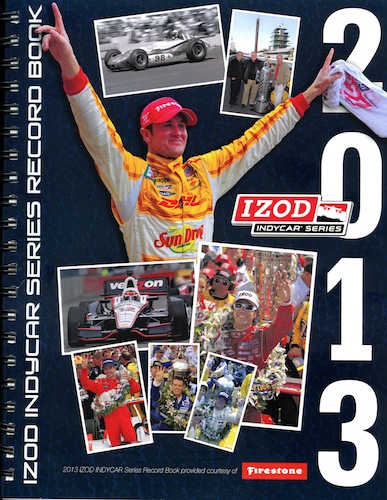
 RSS Feed - Comments
RSS Feed - Comments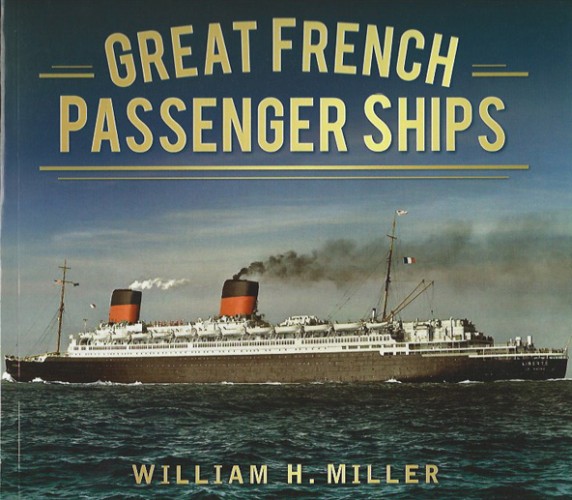
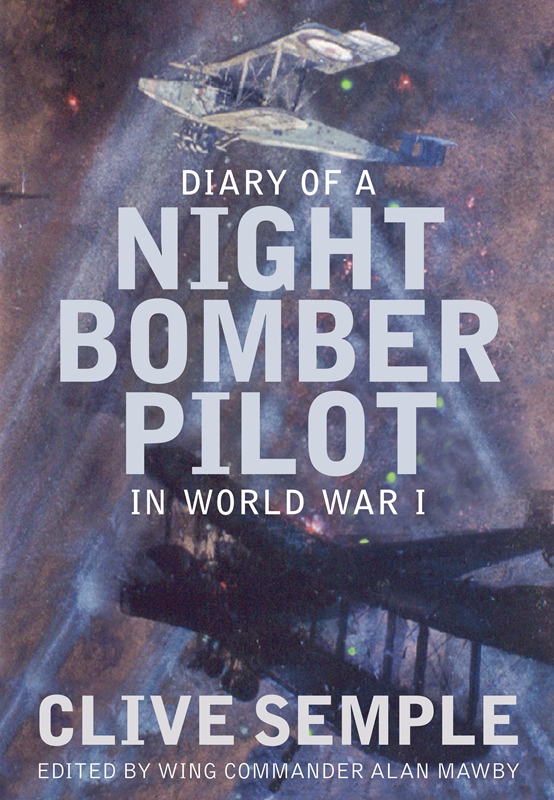
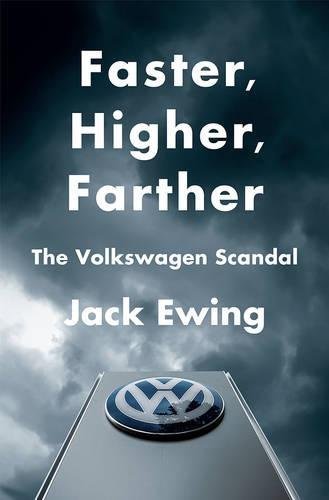
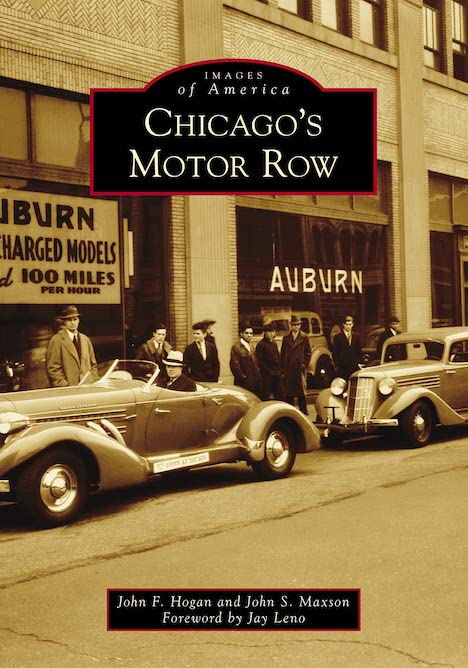

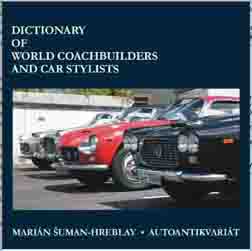
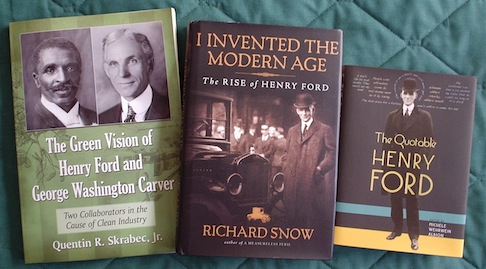

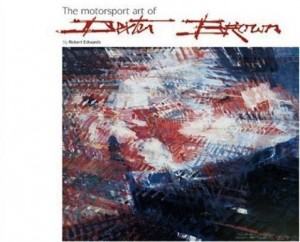
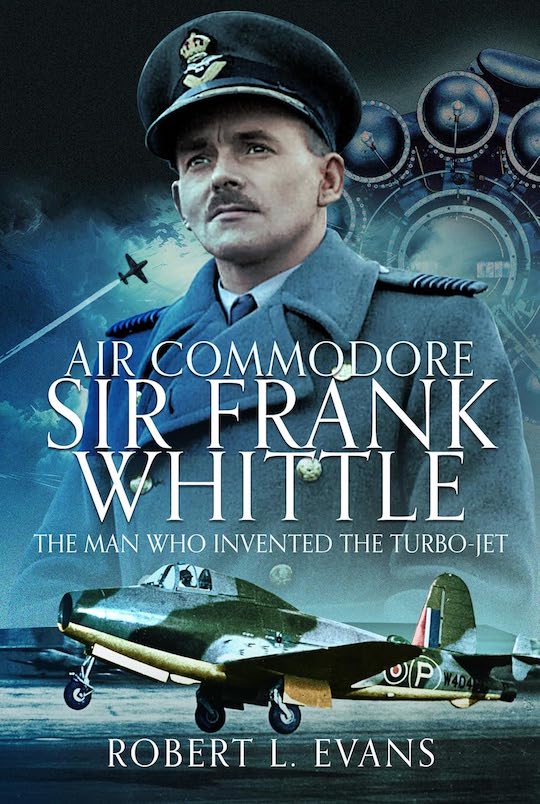
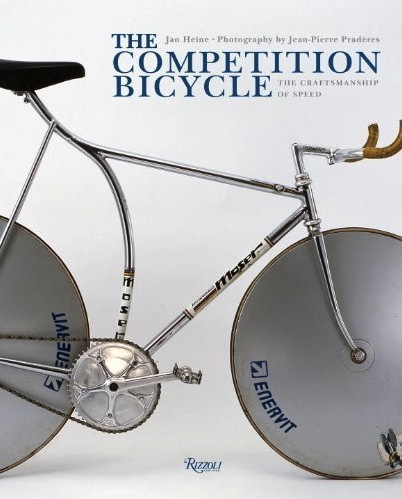
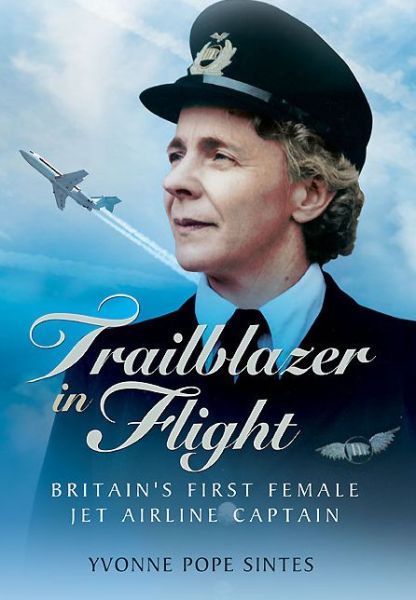
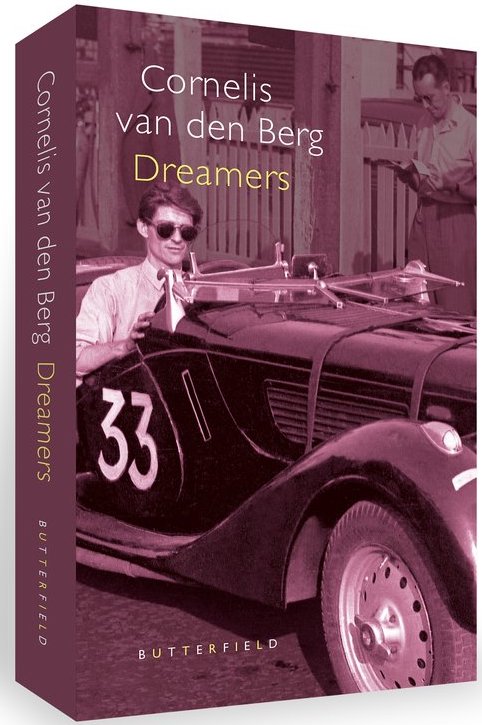
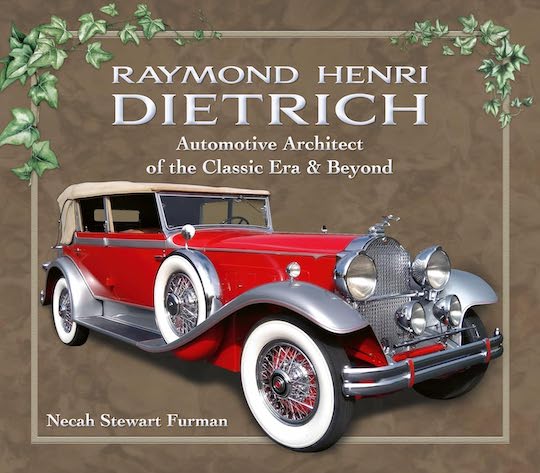
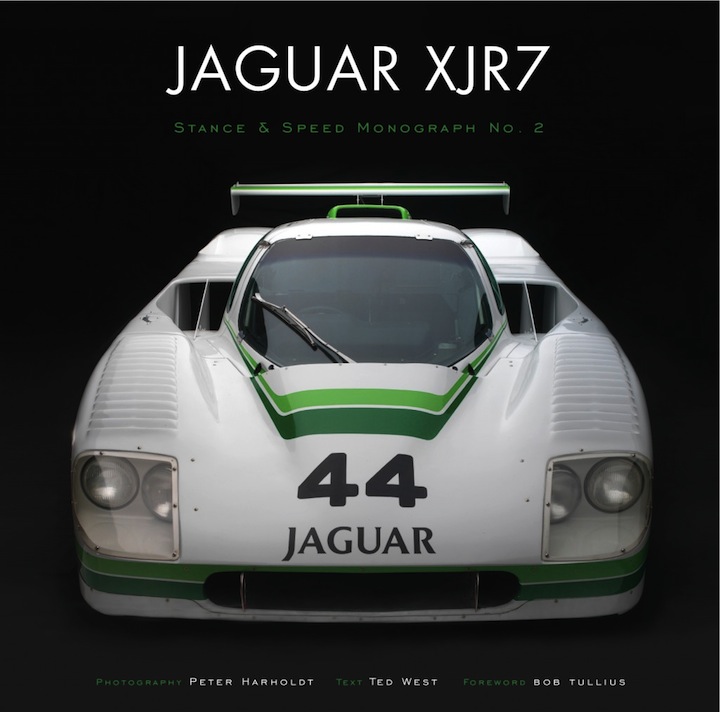
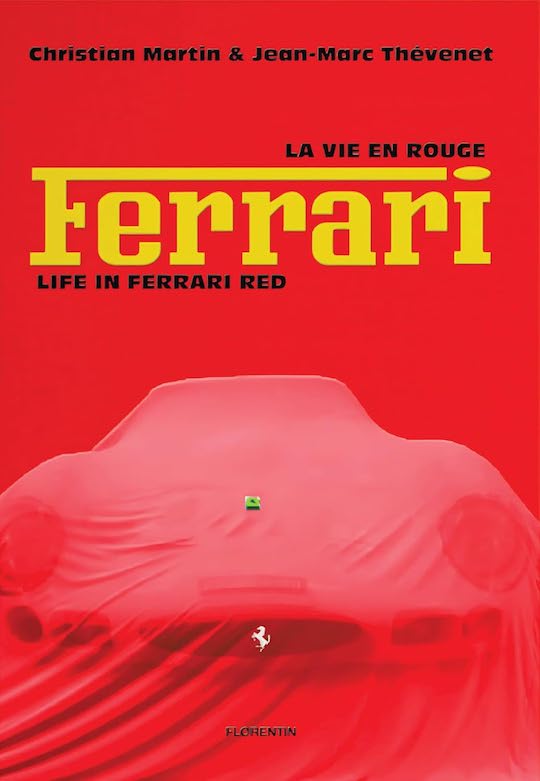
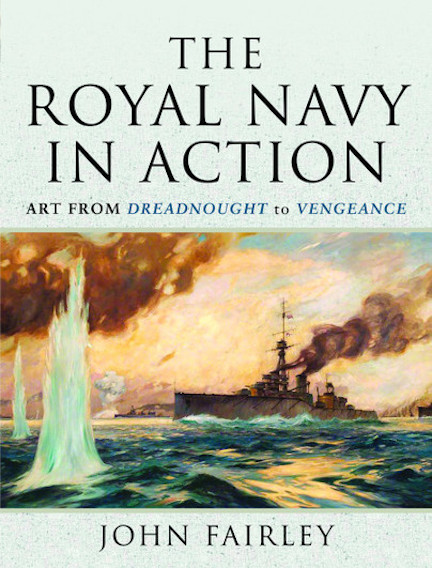
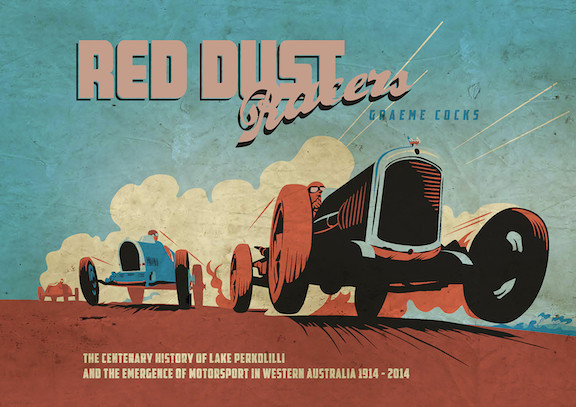
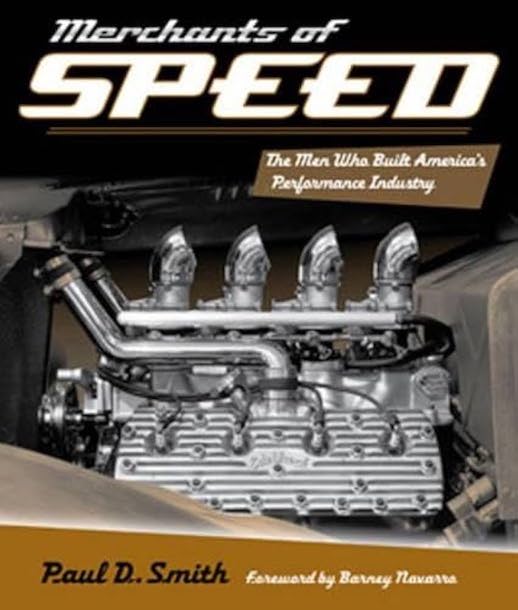
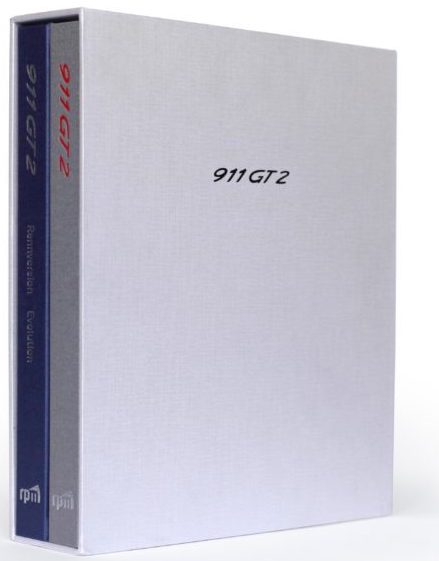
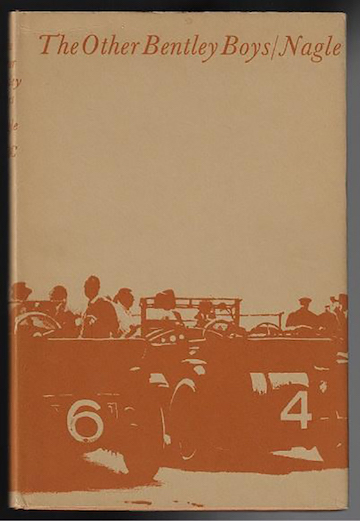

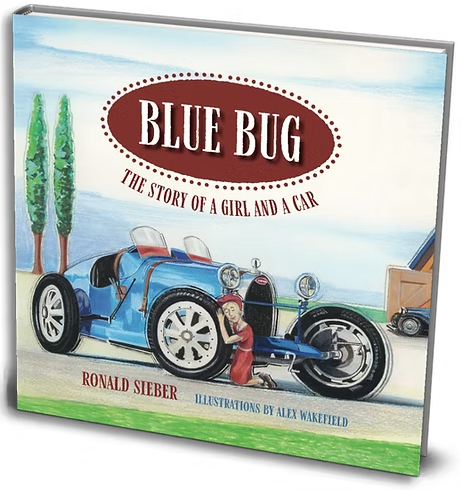
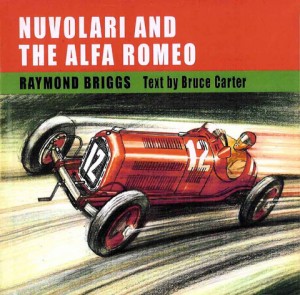
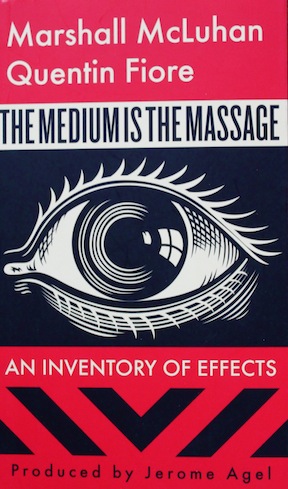
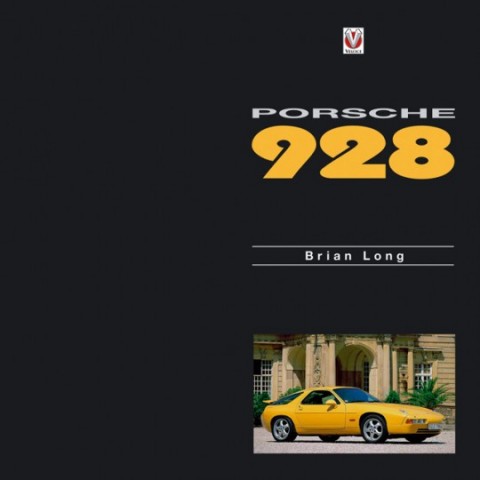
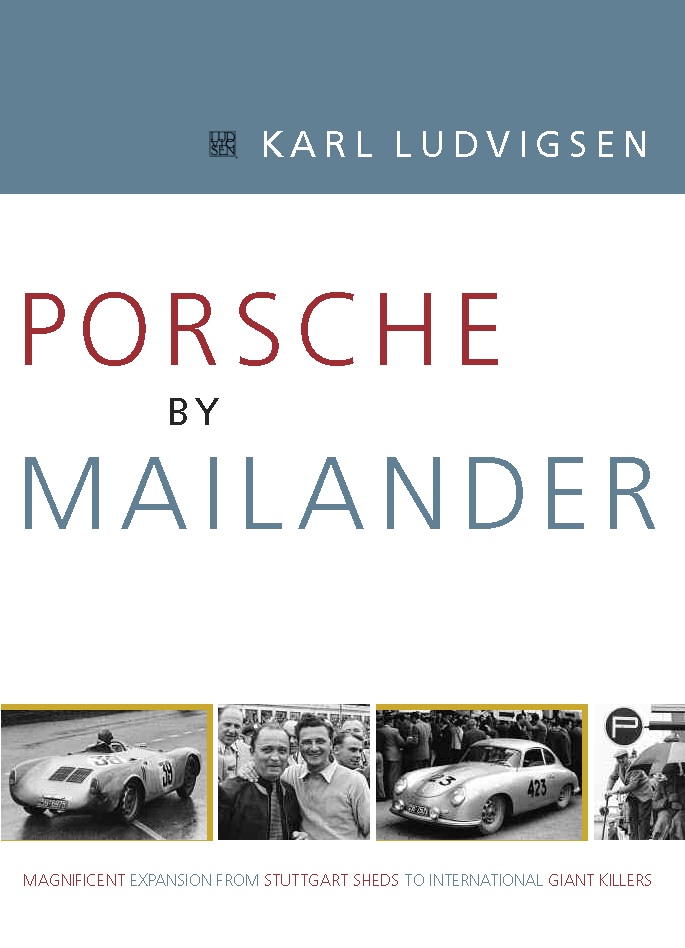

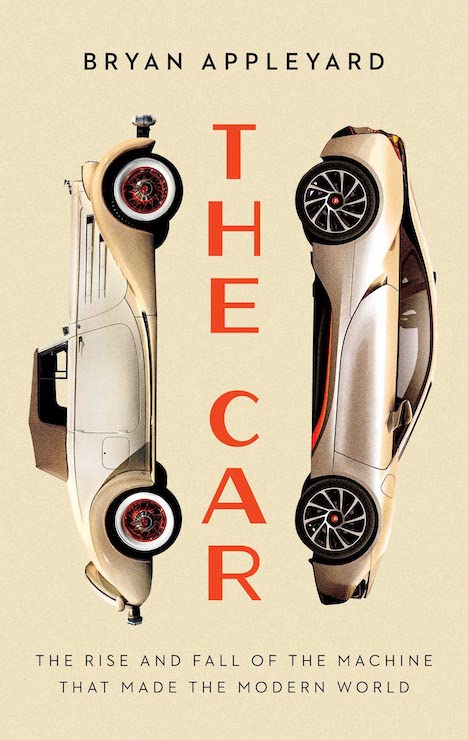
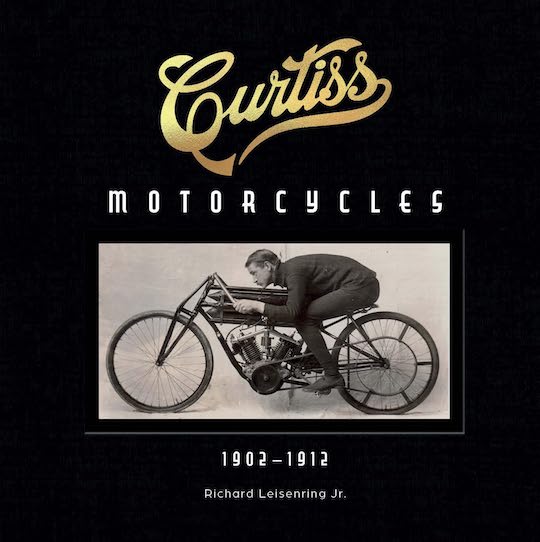
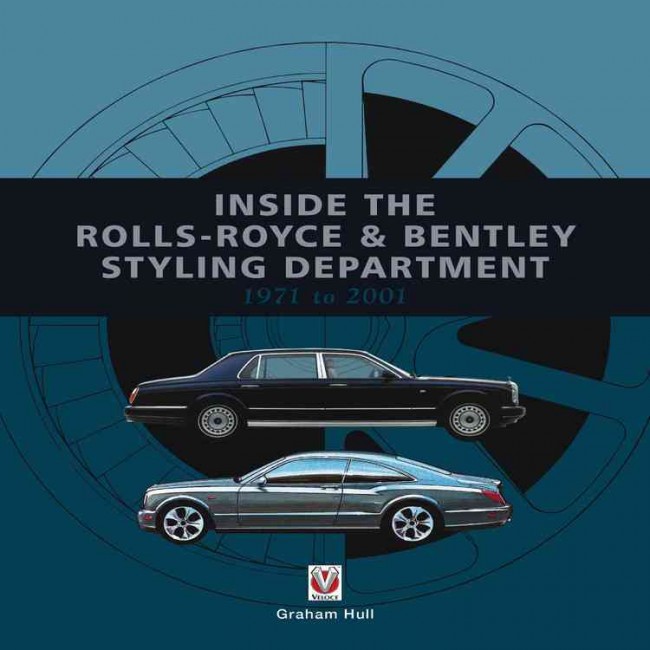
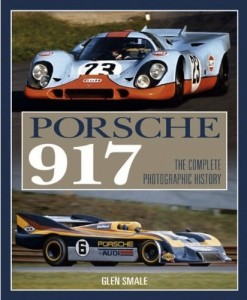
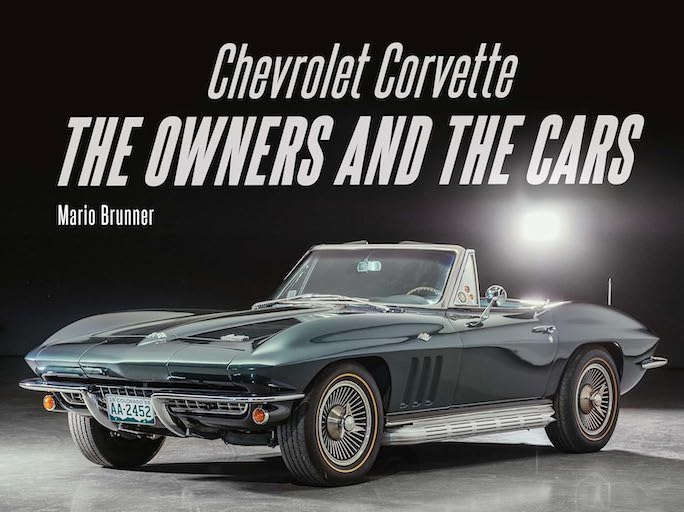
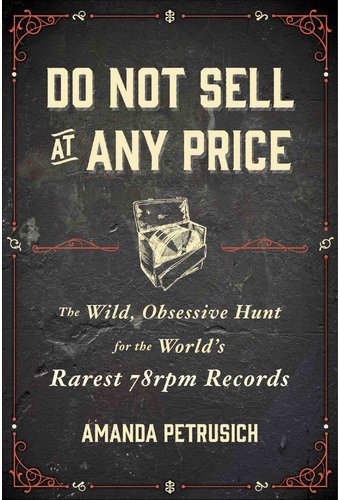
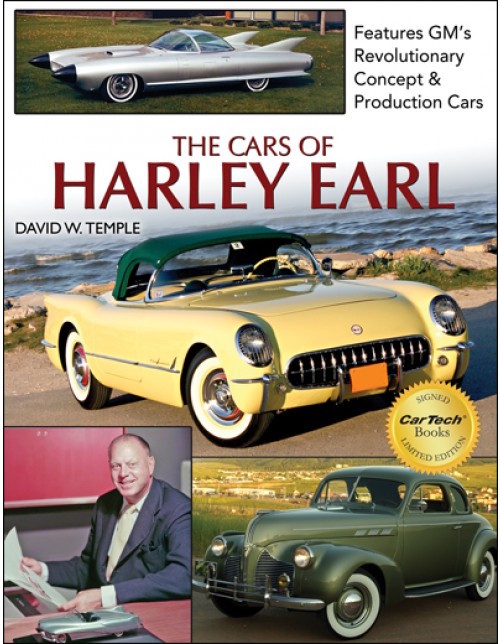
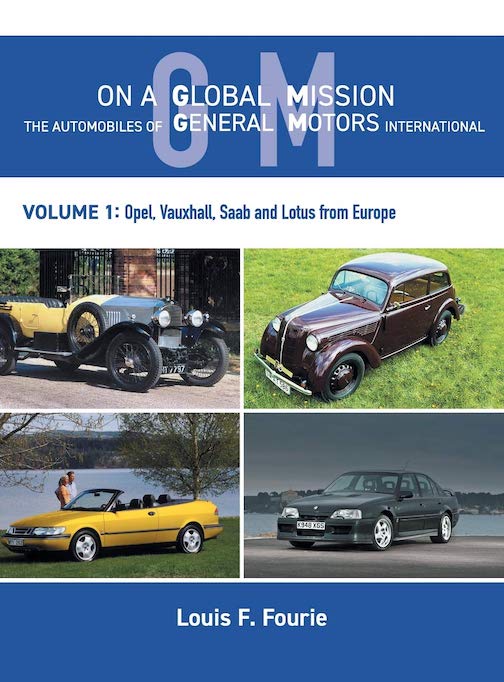
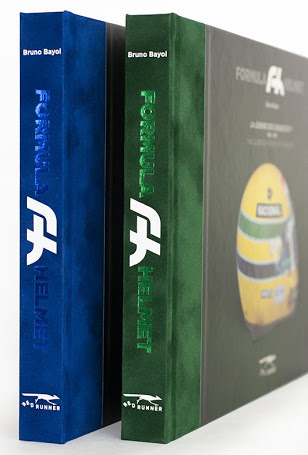
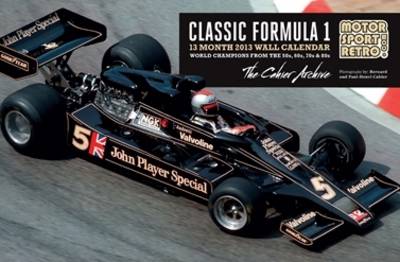
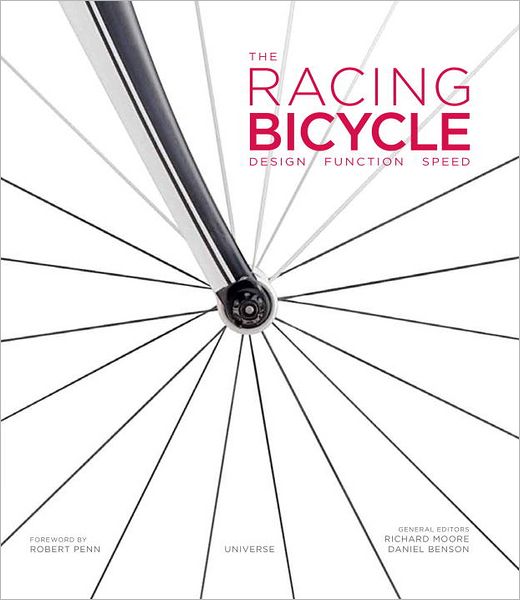

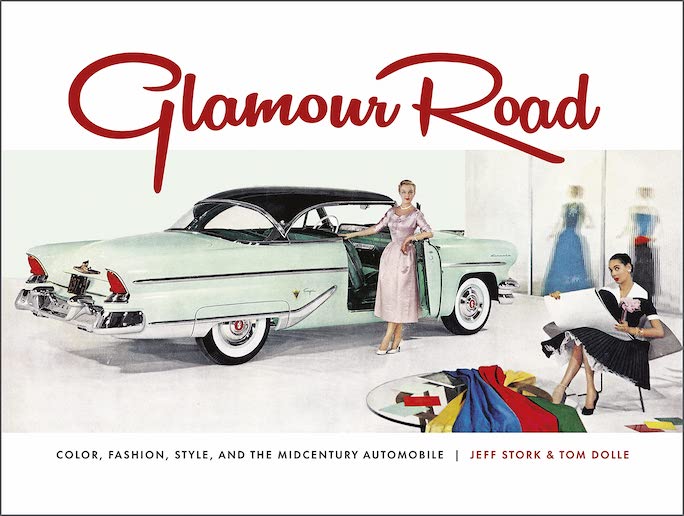
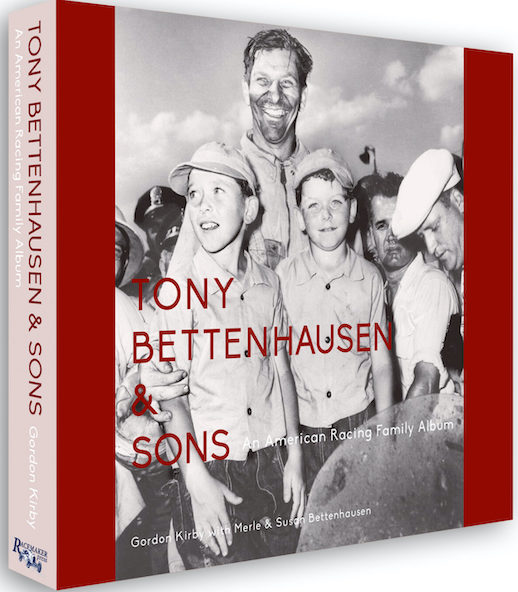
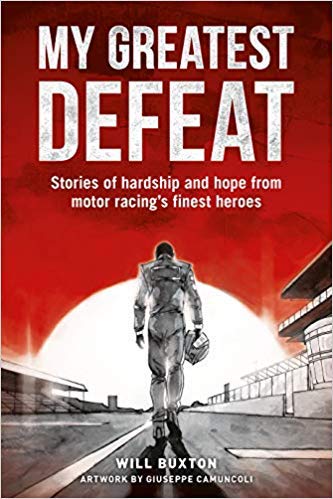
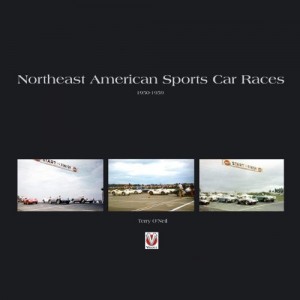
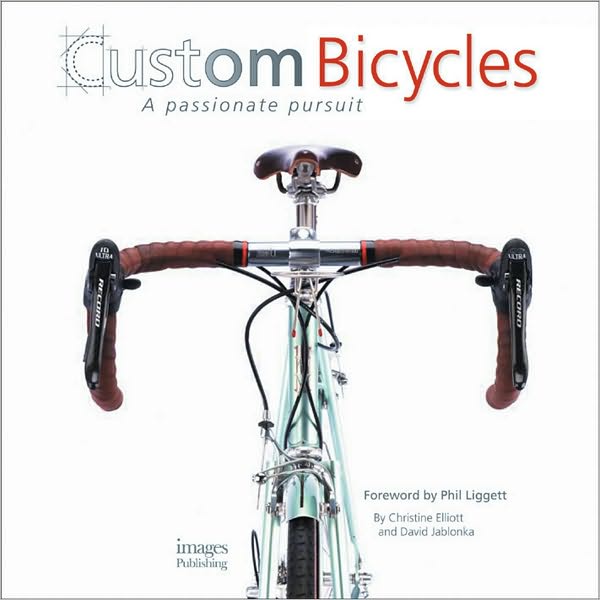

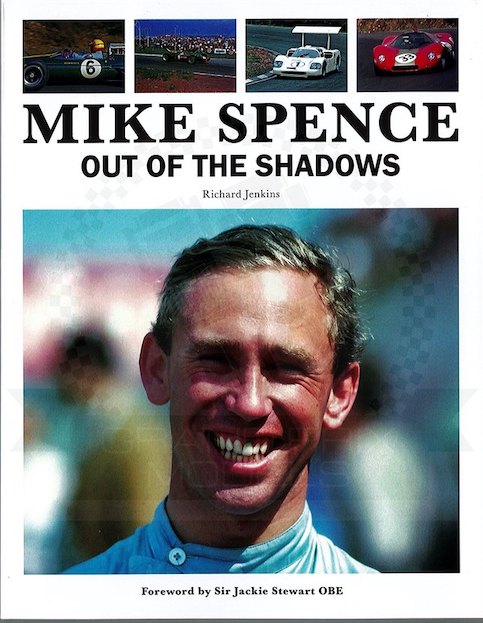
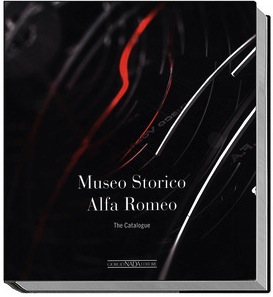
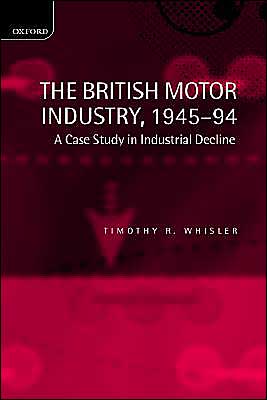
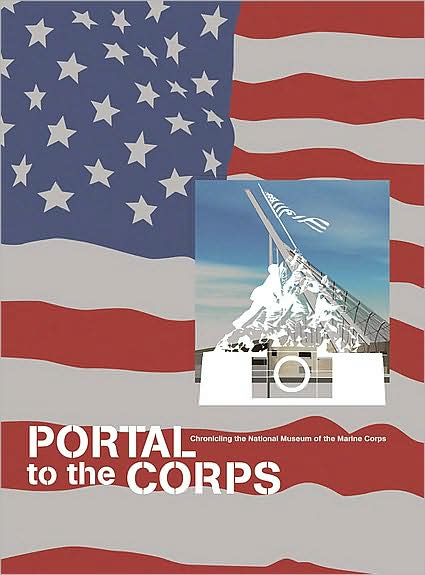
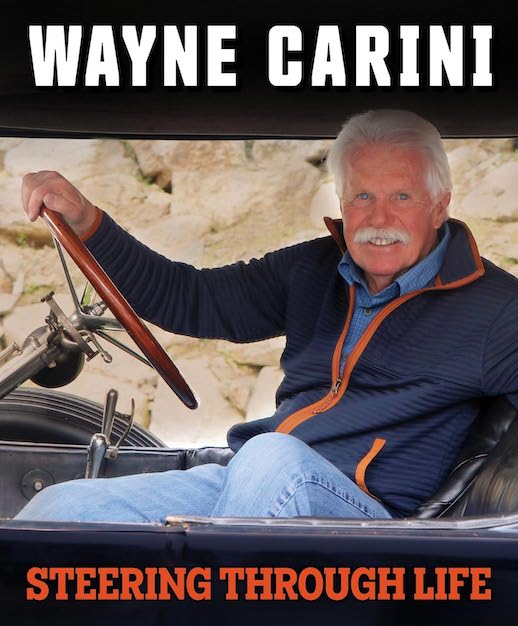
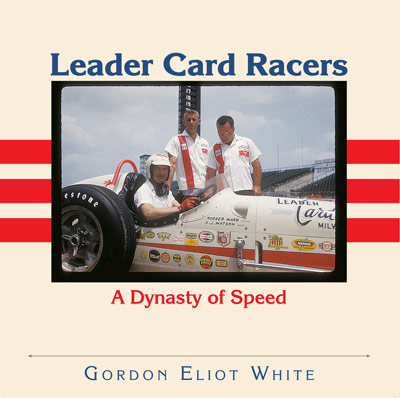

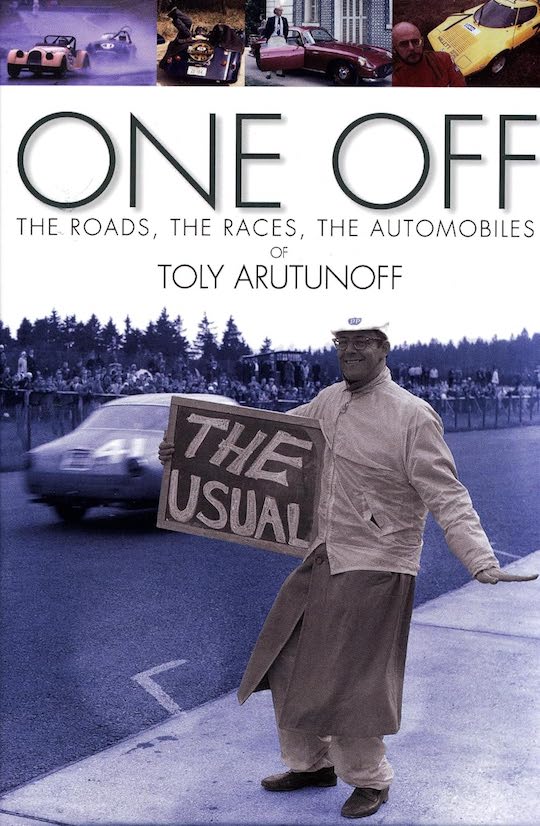
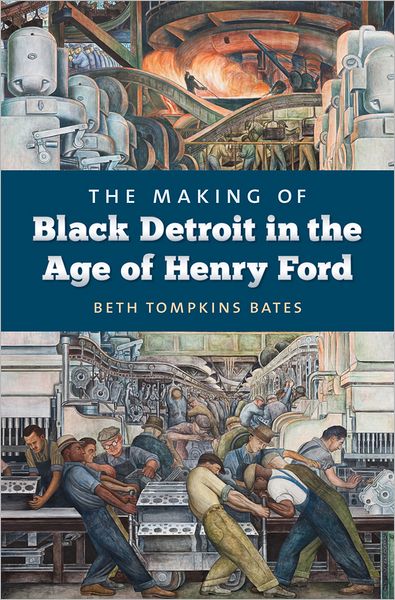
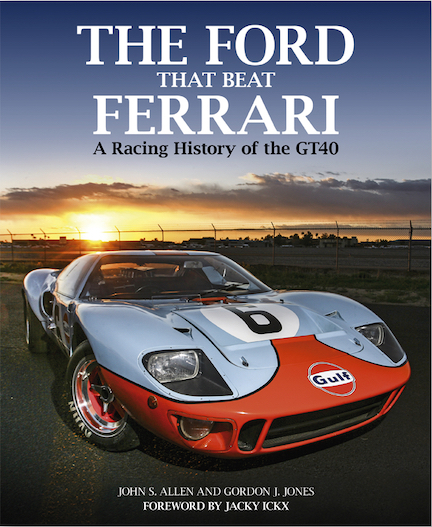

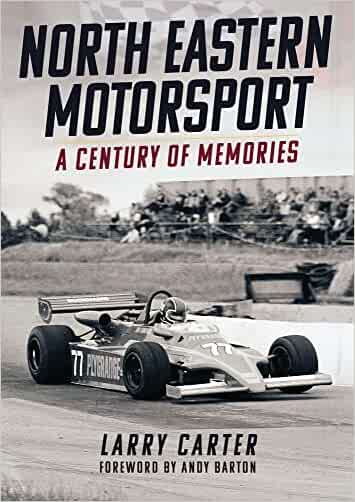

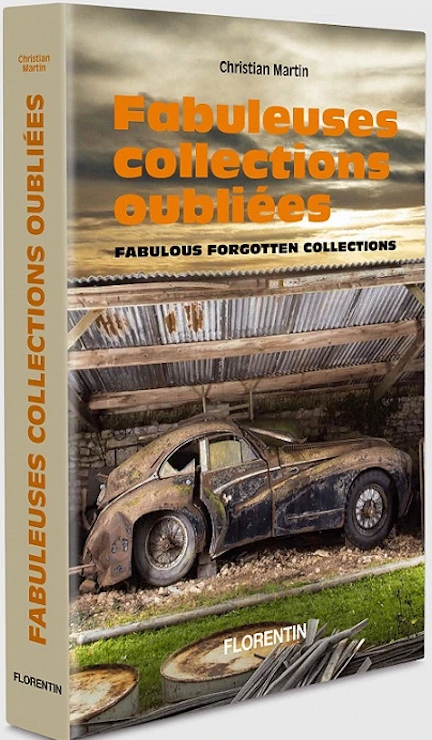
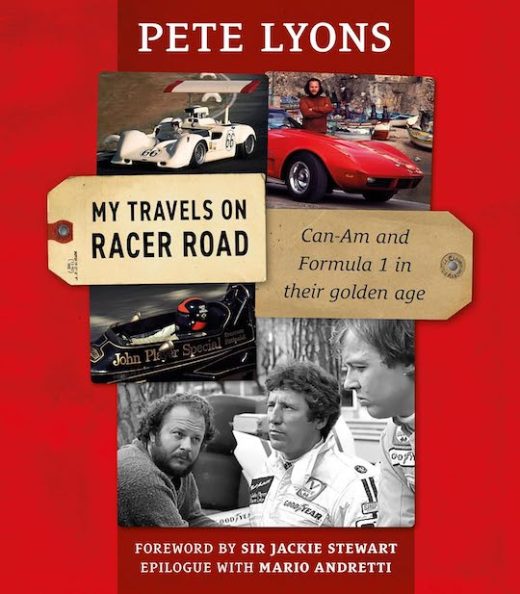
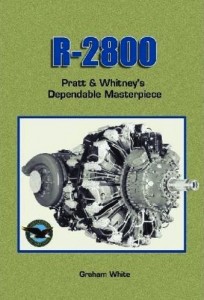
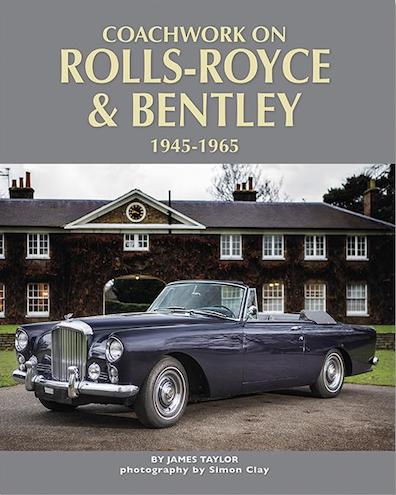
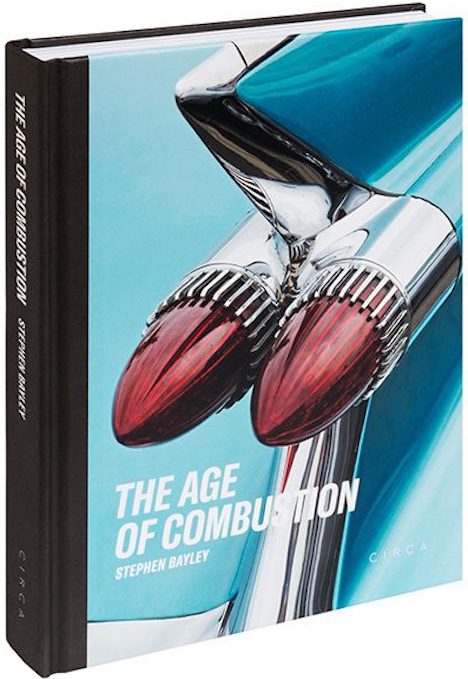
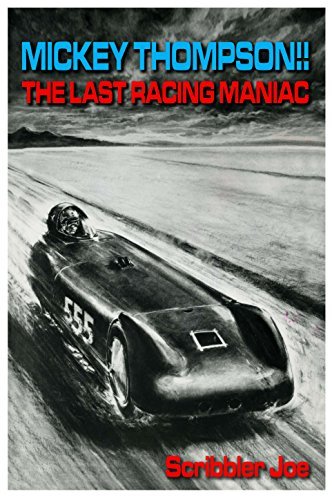
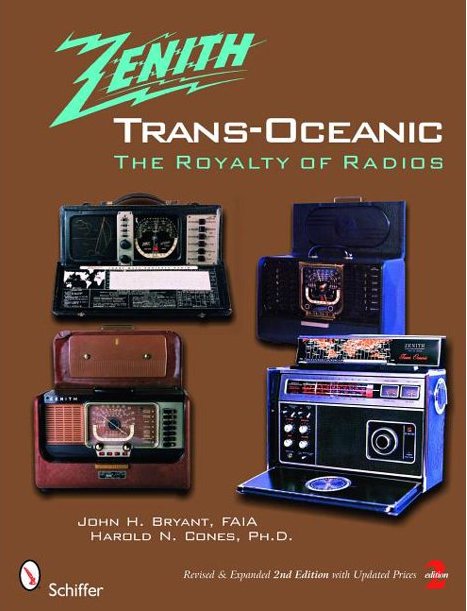
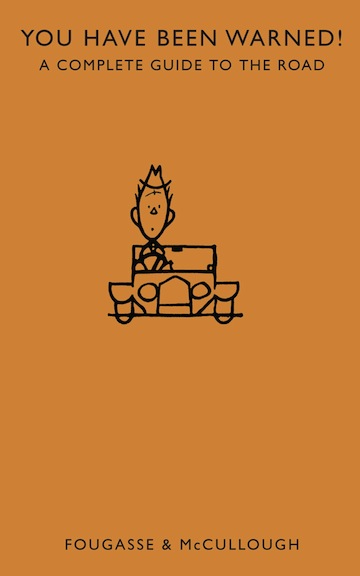
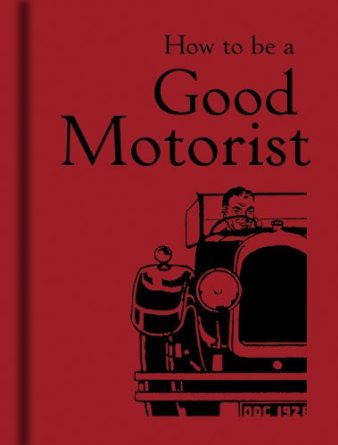
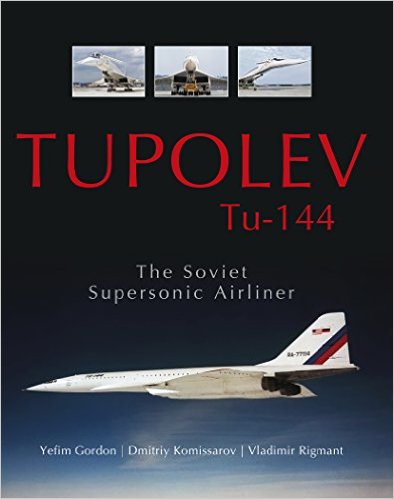


 Phone / Mail / Email
Phone / Mail / Email RSS Feed
RSS Feed Facebook
Facebook Twitter
Twitter
Excellent recap on the gaps in the “official” record book. I’m very interested in what happened in 1936 and 1937. Those will be the next two seasons that I put under the microscope. Thank you for your continued hard work Mr. Capps.